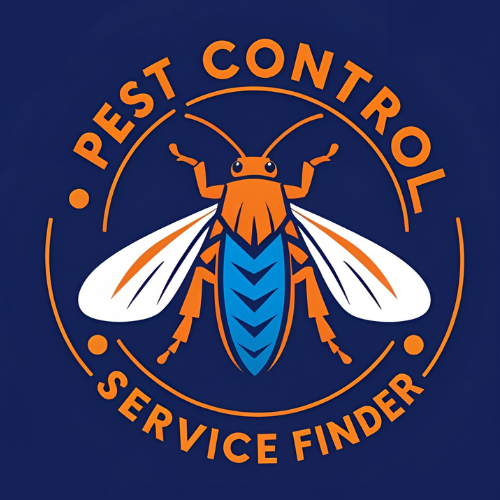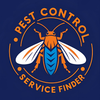Do Termites Bite? A Homeowner's Guide
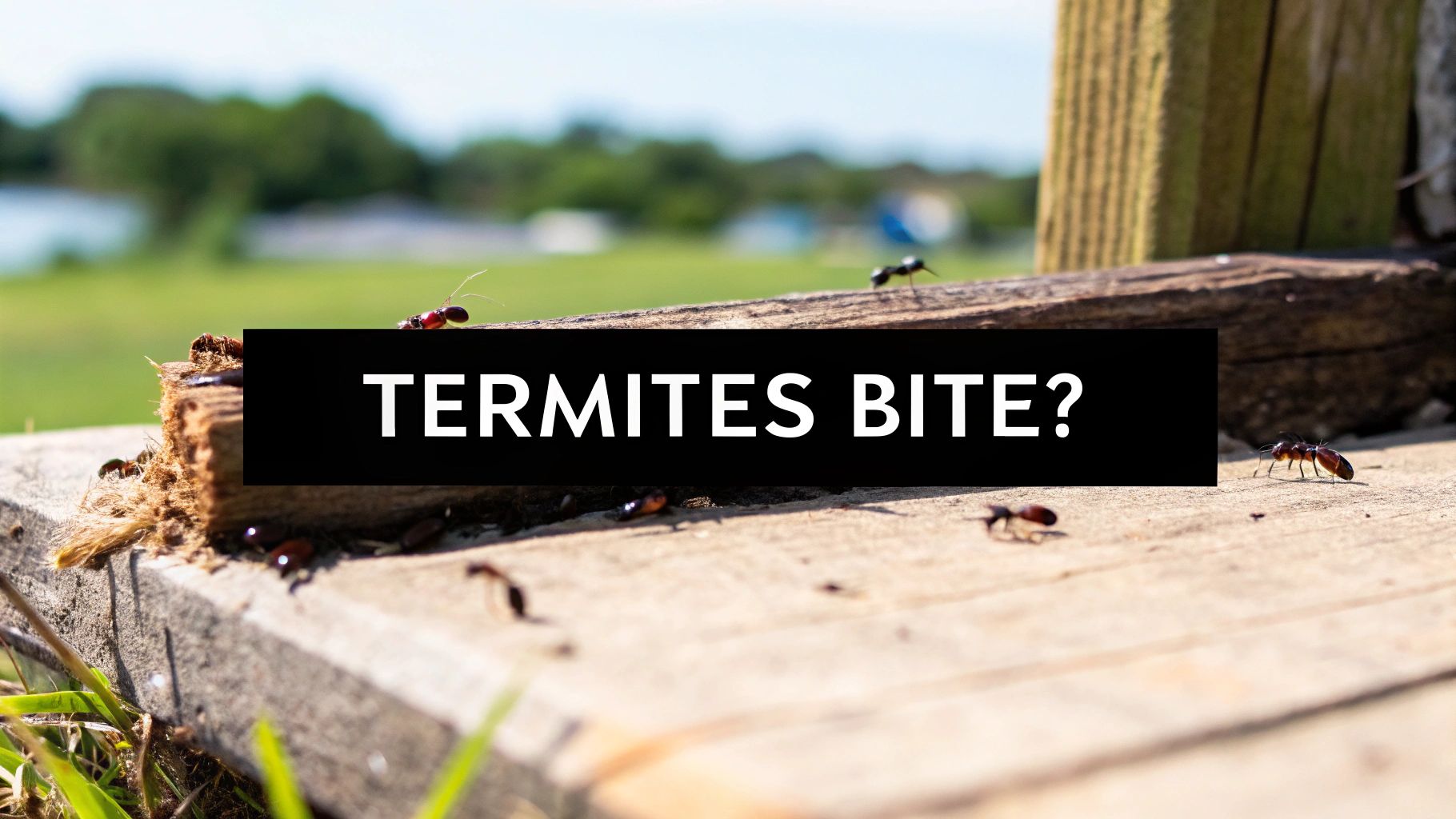
Call +1 855 224 3071.
Let's get straight to the point: Yes, termites can technically bite you, but it's incredibly rare. They aren't aggressive insects looking for a fight, and they definitely don't seek out humans like mosquitoes or bed bugs do. If you're worried about termites, call +1 855 224 3071 for immediate expert help.
Do Termites Bite Humans
The simple answer is that a termite bite isn't a realistic risk for homeowners. A termite’s entire world revolves around one thing: finding and eating cellulose, the organic fiber found in wood and plants. They are built to chew through wood, not people. For questions, call +1 855 224 3071.
A bite would only happen if a soldier termite—the colony's defender—feels directly and immediately threatened. This might happen if you accidentally stick your hand into a nest or try to handle them. Even then, it’s a purely defensive reaction, not an attack.
So while it's possible, the chances are astronomically low. You can discover more insights about their behavior on alluneedpest.com.
Putting the Risk in Perspective
To really understand how low the risk is, let's look at the bigger picture. The real danger from termites is to your home, not your health.
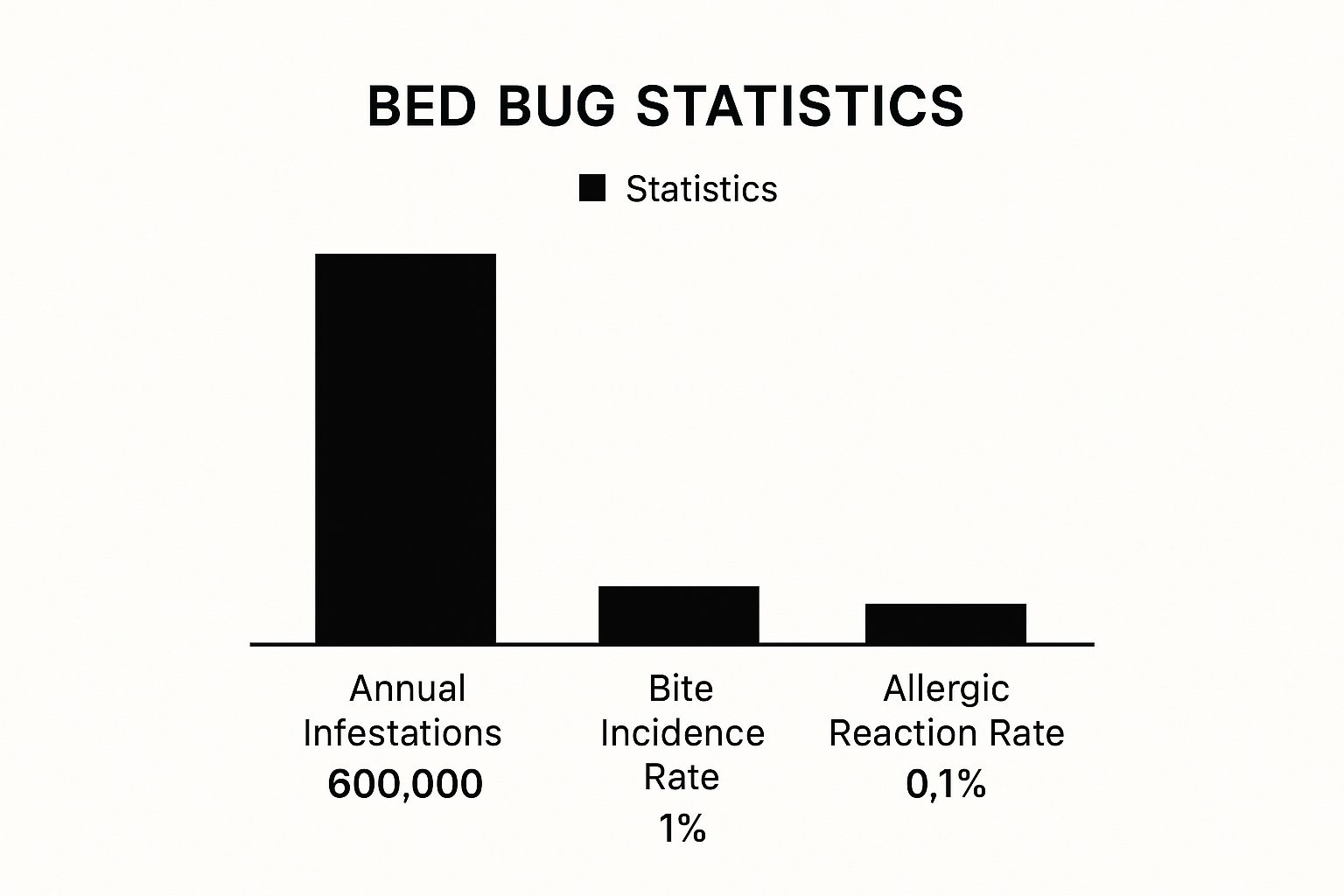
As you can see, while infestations are a common problem, actual bites are almost unheard of. The focus should always be on protecting your property's structural integrity.
If you suspect you have termites, don't worry about bites—worry about your walls. For professional help, call +1 855 224 3071 right away.
Why Termites Almost Never Bite People
If you're worried about termites getting aggressive, it helps to understand what's actually going on inside the colony. For professional insight, you can always call +1 855 224 3071. But the simple truth is, termite bites are incredibly rare because humans just aren't on their radar.
Think of a termite colony as a massive, single-minded machine built for one purpose: find and consume cellulose—the stuff wood is made of. Every single termite is programmed for that mission. They aren't built to be aggressive toward people.
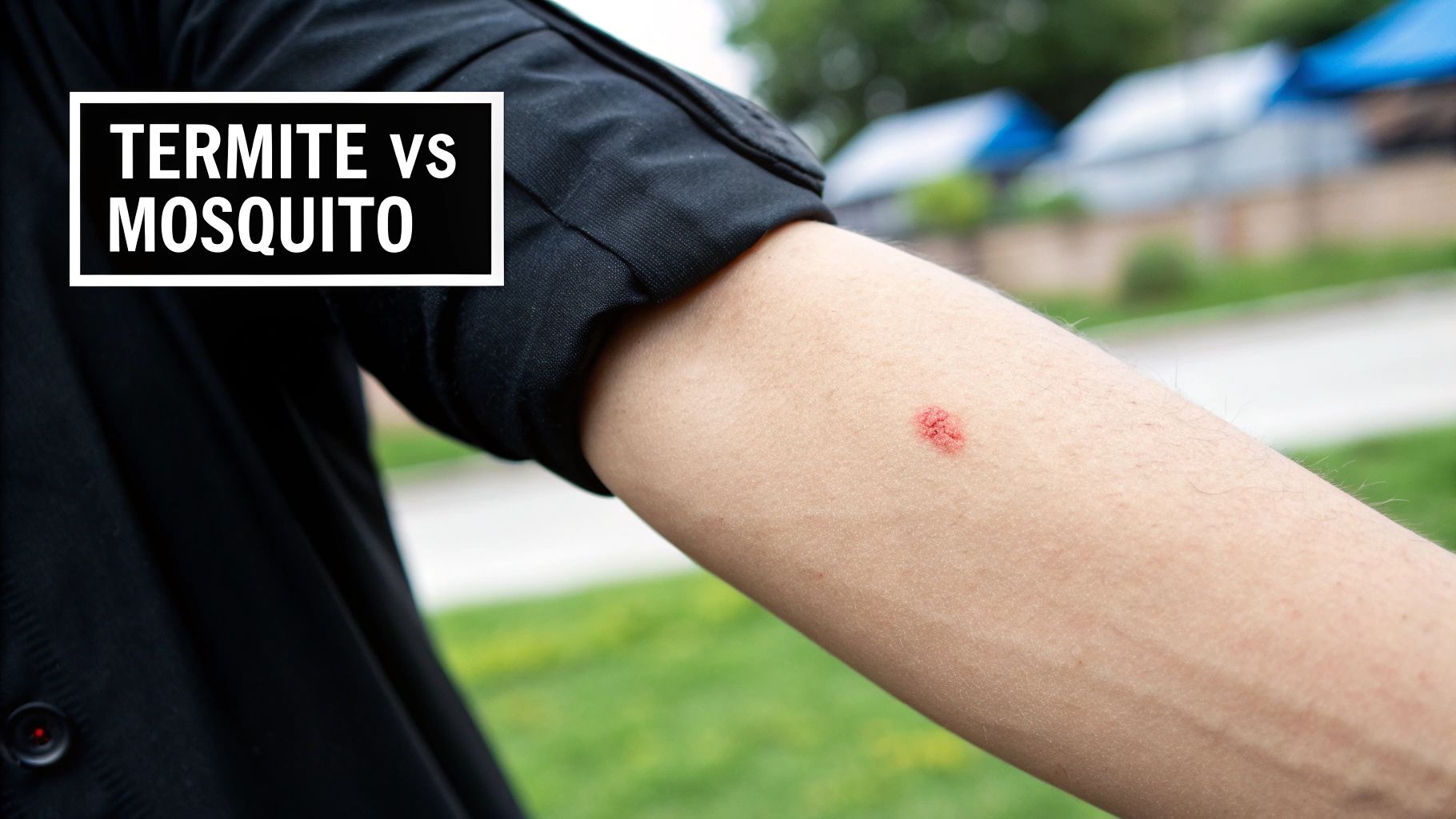
The Colony Roles Explained
Inside that machine, you have a few key players. The vast majority are workers. They're the ones doing the real damage, chewing through wood 24/7 to feed the rest of the colony. Their mouths are designed for grinding up timber, not piercing skin.
Then you have the soldier termites. These are the colony's bodyguards, and they look the part with their oversized heads and powerful jaws. But those jaws have a very specific function: fighting off other insects, especially ants, that try to invade their tunnels. To a soldier termite, you're not a predator or a meal—you're just a big, irrelevant obstacle.
A bite is purely a last-ditch defensive move. You'd have to physically pick up and trap a soldier termite for it to even try. It’s an act of pure desperation, not an attack.
A termite's entire world revolves around wood and soil. They simply aren't wired to see humans as a threat or a food source, which is why a bite is almost unheard of.
Don't underestimate their defenses against actual threats, though. Some soldier termites in Panama have jaws that snap shut at nearly 157 miles per hour—one of the fastest movements in the animal kingdom, according to livescience.com. It's a deadly weapon against an invading ant, but it's not meant for anything larger.
So while you don't need to worry about bites, you do need to worry about their silent, relentless appetite for your home. That appetite really kicks into high gear during certain times of the year. You can learn more by checking out our guide on when is termite season.
If you have any concerns about termite activity, give the experts a call at +1 855 224 3071.
Identifying a Potential Termite Bite
If you're worried about a possible run-in with a termite, the quickest way to get peace of mind is to talk to an expert. For any pest-related questions, give us a call at +1 855 224 3071 to speak with a professional.
In the extremely rare case that a soldier termite actually bites you, it would be a complete non-event. You'd feel a quick, tiny pinch, and that’s about it. The mark left behind would likely be nothing more than a small red spot on your skin.
This spot might itch a little for a short time, similar to a minor ant bite. But since termites only bite in self-defense and aren't aggressive, the irritation won't last long.
What to Look For
Honestly, a termite bite looks so generic it could be mistaken for almost anything. If you were trying to identify one, here’s what you might see:
- A single, tiny red bump.
- A mild, temporary itch.
- No real swelling or pain.
The most important thing to remember is that termites are not venomous and do not transmit diseases to humans. This is a huge difference between them and pests like mosquitoes or ticks. A termite bite poses zero health risk.
A common source of confusion isn't a bite at all, but an allergic reaction. Some people react to termite droppings (called frass) or dust from a nearby nest. This can cause a rash or itchy skin that gets mistaken for bites.
Simple First Aid
If you think a termite nipped you, the treatment is as simple as it gets. Just wash the area with soap and water to keep it clean. That's it. Because the bite is so harmless, you'll almost never need to see a doctor.
The main takeaway here is that while it's tough to identify a termite bite because it's so rare and looks like any other minor irritation, it's not something you need to worry about. To get a better idea of the culprits themselves, check out our guide on what termites look like.
And if you have any concerns at all, just call +1 855 224 3071 for help.
The Real Threat Termites Pose to Your Home
If you think you have termites, stop worrying about bites. That’s not the real problem. The true danger is the silent, devastating damage they’re doing to your house, and you need to act fast. For immediate help, call +1 855 224 3071 and get an expert on the case.
A termite bite is so rare it's practically a myth, but the structural damage they cause is a costly nightmare for homeowners. These insects are essentially tiny, relentless demolition crews chewing through your home from the inside out.
The worst part? An infestation can brew for years completely undetected. By the time you notice something is wrong, a colony has had plenty of time to weaken the very bones of your house.
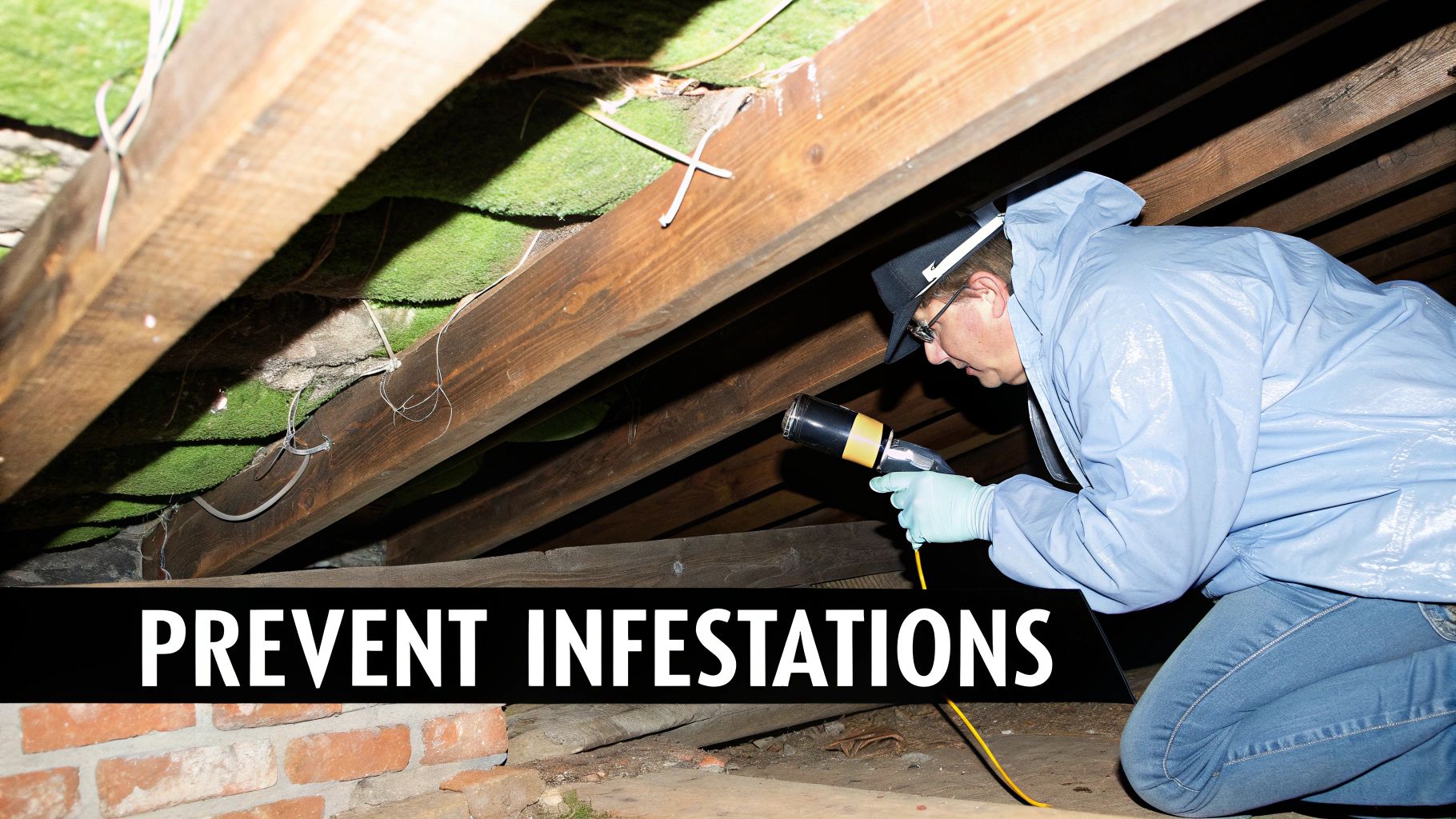
This isn’t just a minor repair issue; it’s a financial disaster waiting to happen. In the United States alone, termite infestations rack up nearly $5 billion in damages every single year, affecting roughly 20% of homes eventually. Globally, that number skyrockets to an estimated $40 billion annually. As detailed on the National Center for Biotechnology Information website, their threat comes from what they eat, not any aggression towards people.
Key Warning Signs of an Infestation
Knowing the red flags is your number one defense against catastrophic damage. If you spot any of these signs, don't wait. Call the pros at +1 855 224 3071 for an immediate inspection.
- Mud Tubes on Your Foundation: These pencil-thin tunnels are built by subterranean termites. Think of them as protected highways leading straight from their underground nest into your home's framework.
- Discarded Wings: After swarming to mate, termites shed their wings. Finding little piles of these see-through wings on windowsills or near doorways is a classic sign of a new colony setting up shop.
- Hollow-Sounding Wood: Go ahead and tap on your baseboards, window frames, or walls. If it sounds hollow and papery, it’s a huge red flag that termites have been feasting on it from the inside.
- Peeling or Bubbling Paint: This often gets mistaken for water damage, but it can be caused by termites working just under the surface. They introduce moisture that makes the paint bubble and peel away from the wall.
If you see any of these signs, the problem is already there. Don’t let it get any worse. A professional inspection is the only sure way to know exactly what you're dealing with and put a stop to the destruction. Call +1 855 224 3071 today.
How to Make Your Home Less Appealing to Termites
Instead of worrying about termite bites, the best defense is making sure your home isn't a welcome mat for them in the first place. For a professional inspection and real peace of mind, give us a call at +1 855 224 3071 today. Just a few proactive steps can dramatically lower your risk of a full-blown infestation.
At the end of the day, termites are only looking for two things: moisture and food (which for them is cellulose, aka wood). The single most effective way to keep them out is to cut off their access to both. Think of it like defending a castle—you need to seal up any weak spots and cut off the enemy's supply lines.
This all starts with getting a handle on the moisture around your property. Even a tiny, persistent leak can create the damp, humid environment that subterranean termites absolutely need to survive and build a colony.
Eliminate Moisture Problems
Water is a termite's best friend. A dry home is a much, much safer home.
- Fix Leaks Promptly: Don't put off fixing that leaky faucet, dripping pipe, or pooling AC unit. Every drop of water that collects near your foundation is like a neon "vacancy" sign for termites.
- Ensure Proper Drainage: Keep your gutters and downspouts clear of debris. They're designed to channel rainwater far away from your foundation, and if they're clogged, that water just dumps right where you don't want it.
- Improve Ventilation: Check that crawl spaces, basements, and attics have good airflow. Stagnant, humid air is a big problem. Sometimes, all it takes is a simple dehumidifier to make a damp area far less inviting.
Remove Their Food Sources
Next up is denying them an easy meal. This means getting smart about how you manage wood and other cellulose-based materials on your property.
A classic mistake homeowners make is turning their yard into a termite buffet. A woodpile stacked against the house, thick wood mulch, or an old tree stump can all serve as a perfect bridge for a colony to march right up to your home.
Make sure any firewood, lumber, or other wood scraps are stacked at least 20 feet from your home's foundation, and always keep it elevated off the bare ground. It's also a good idea to skip the wood mulch right next to your house; rubber or gravel mulch are much safer alternatives. Beyond the yard, it's crucial to look at the house itself. Regularly inspecting and maintaining your home's siding creates a strong barrier they can't easily penetrate.
Finally, do a walk-around and seal up any obvious entry points. Fill cracks in the foundation and use caulk to seal gaps where utility lines, pipes, and wires enter the house. If you've done all this and still feel uneasy, don't hesitate to call the experts at +1 855 224 3071.
Why You Need a Professional for Termite Problems
For a professional solution to termite problems, Call +1 855 224 3071. When you spot signs of an infestation, it’s tempting to grab a DIY treatment from the hardware store. But this almost always makes the problem worse.
Those store-bought sprays and baits almost never reach the hidden queen and the heart of the colony. It’s like trimming the top of a weed instead of pulling out the root—it might look like you've solved it, but the colony is still thriving underground, completely untouched.
Even worse, a failed DIY attempt can actually stress the colony. When this happens, they can split into multiple new colonies to survive, a process called "budding." Suddenly, your one termite problem has multiplied, spreading the infestation to other parts of your property.
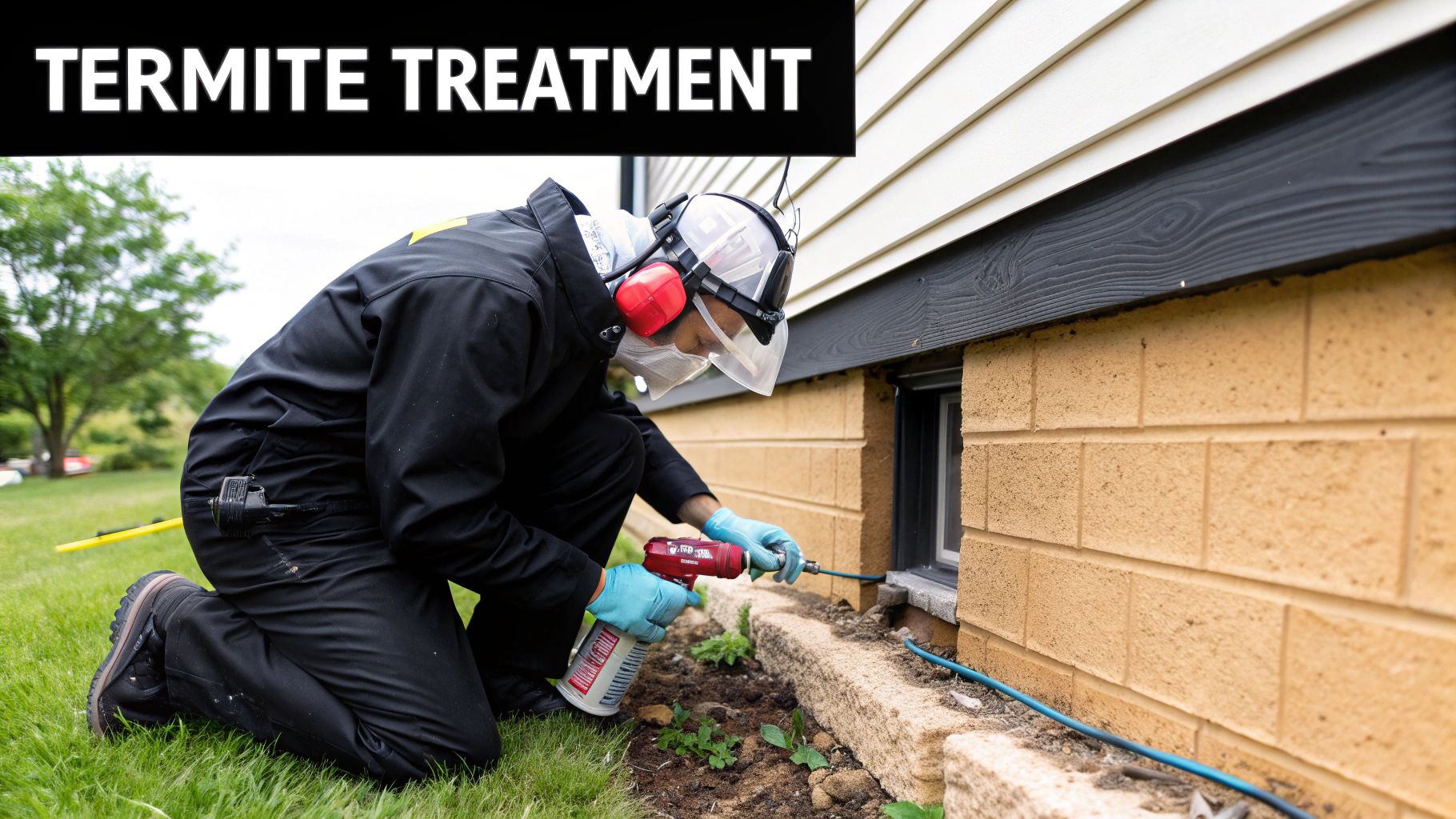
The Benefits of Certified Experts
The only way to guarantee your home is protected is by hiring a certified pest control expert. They have the training, technology, and experience to eliminate the problem for good. If you're seeing signs of termites, it's time to Call +1 855 224 3071.
A true professional will:
- Correctly identify the termite species, because different types require completely different treatments.
- Locate the hidden nest, which could be deep underground or hidden inside your walls.
- Apply effective, targeted treatments that are designed to wipe out the entire colony, not just the workers you can see.
Your home is one of your biggest investments. Don't risk thousands in structural damage by trying to cut corners. You can learn more in our guide to the cost of termite treatment to see why professional service is worth every penny. When it comes to termites, fast, expert help is non-negotiable.
Common Questions About Termites
For clear answers to your pest concerns, Call +1 855 224 3071. We get it—even after learning the basics, most homeowners have a few more specific questions about termites. Let’s tackle the most common ones head-on.
Can Soldier Termites Bite You
Yes, but only one specific type will: the soldier termite. Think of them as the colony's security guards.
Their entire job is to defend the nest from predators like ants, and their oversized jaws (mandibles) are their only weapons. A soldier termite would only bite if you provoked it—like if you picked one up or disturbed the nest directly. They have zero interest in seeking you out.
Are Termite Bites Painful or Itchy
Not at all. If you were bitten, you’d feel a tiny, faint pinch at most. It’s so minor you might not even notice it happened.
The bite might leave a small, temporary red dot that could be a little itchy for a bit, similar to a gnat bite. But the discomfort is minimal and disappears quickly. It’s definitely not something to worry about.
Can You Be Allergic to Termites
This is where it gets a little more complicated. An allergic reaction to a termite bite is almost impossible. The real issue comes from their presence inside your home.
Some people are sensitive to the dust, particles, and droppings (called frass) that come from a termite nest. Inhaling these airborne particles or coming into skin contact with termite saliva can trigger asthma or allergic reactions in sensitive individuals, much like a dust mite allergy.
If you're dealing with a pest issue and need professional help, Pest Control Service Finder is here to help. For immediate assistance, call +1 855 224 3071. Get connected with a local exterminator today.
